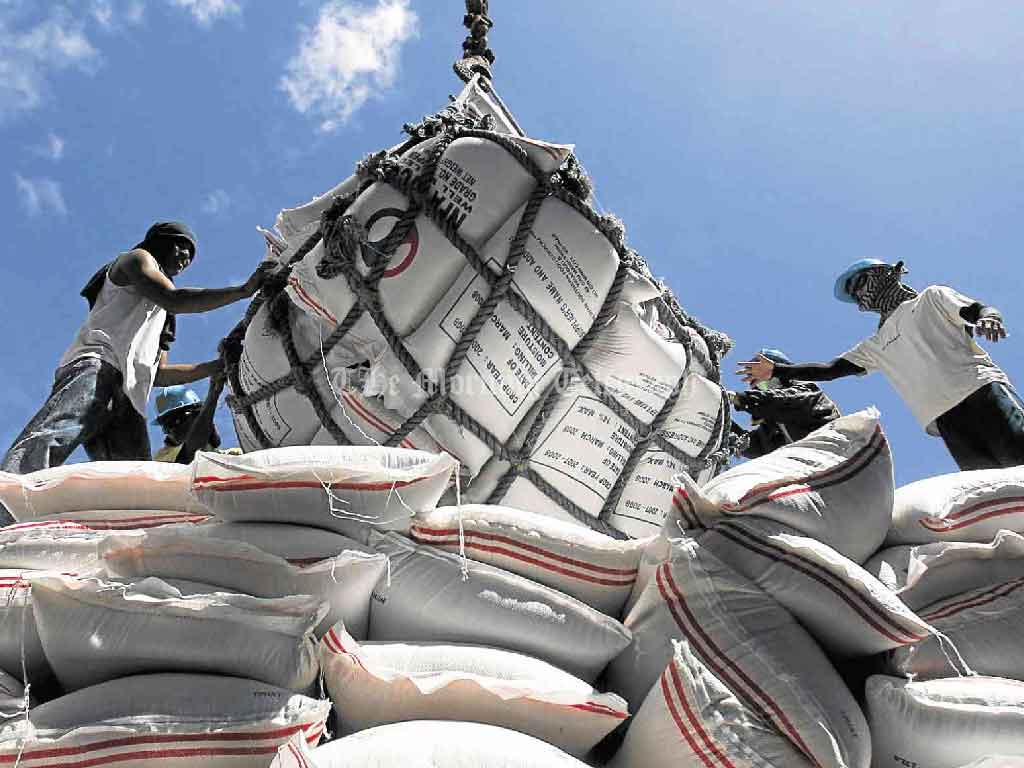
Sri Lanka Customs announced that rice importation into the country is currently halted, as no official gazette notification permitting such imports has been issued.
The prior deadline for private-sector rice imports expired on December 20, during which a total of 67,000 metric tons of rice was imported. While the government recently declared its intention to extend the import period until January 10, 2025, the absence of the necessary gazette notification has created a standstill in the process.
Sri Lanka Customs clarified that, without the gazette, even rice imported under government intervention cannot be released to the local market.
Meanwhile, a stock of 52,000 metric tons of rice, imported directly by the government, is expected to arrive in the country within the next few days. However, its distribution also hinges on the issuance of the gazette.
Government sources confirmed that the gazette notification authorizing rice imports is likely to be issued after today’s Cabinet meeting (December 23).
The suspension of rice imports has severely impacted traders. Shops at the Maradagahamula Specialized Wholesale Trade Center were temporarily closed due to a lack of rice stocks.
However, wholesalers have announced plans to reopen their shops today. They expect relief as private-sector-imported rice stocks begin to enter the market following government approval.
The suspension comes amid fluctuating rice supply levels, which have prompted concerns about price volatility and availability in the local market. Traders and consumers alike are awaiting clarity on the government’s rice importation policy, as the current standstill risks exacerbating shortages and raising prices.
The government’s expected extension of the rice import period and the arrival of government-imported stocks should alleviate immediate supply concerns. However, delays in policy implementation, such as the issuance of gazette notifications, highlight challenges in managing food security and import logistics.
Both traders and consumers are keenly watching developments following the Cabinet meeting, which will determine the next steps in stabilizing rice imports and market availability.




